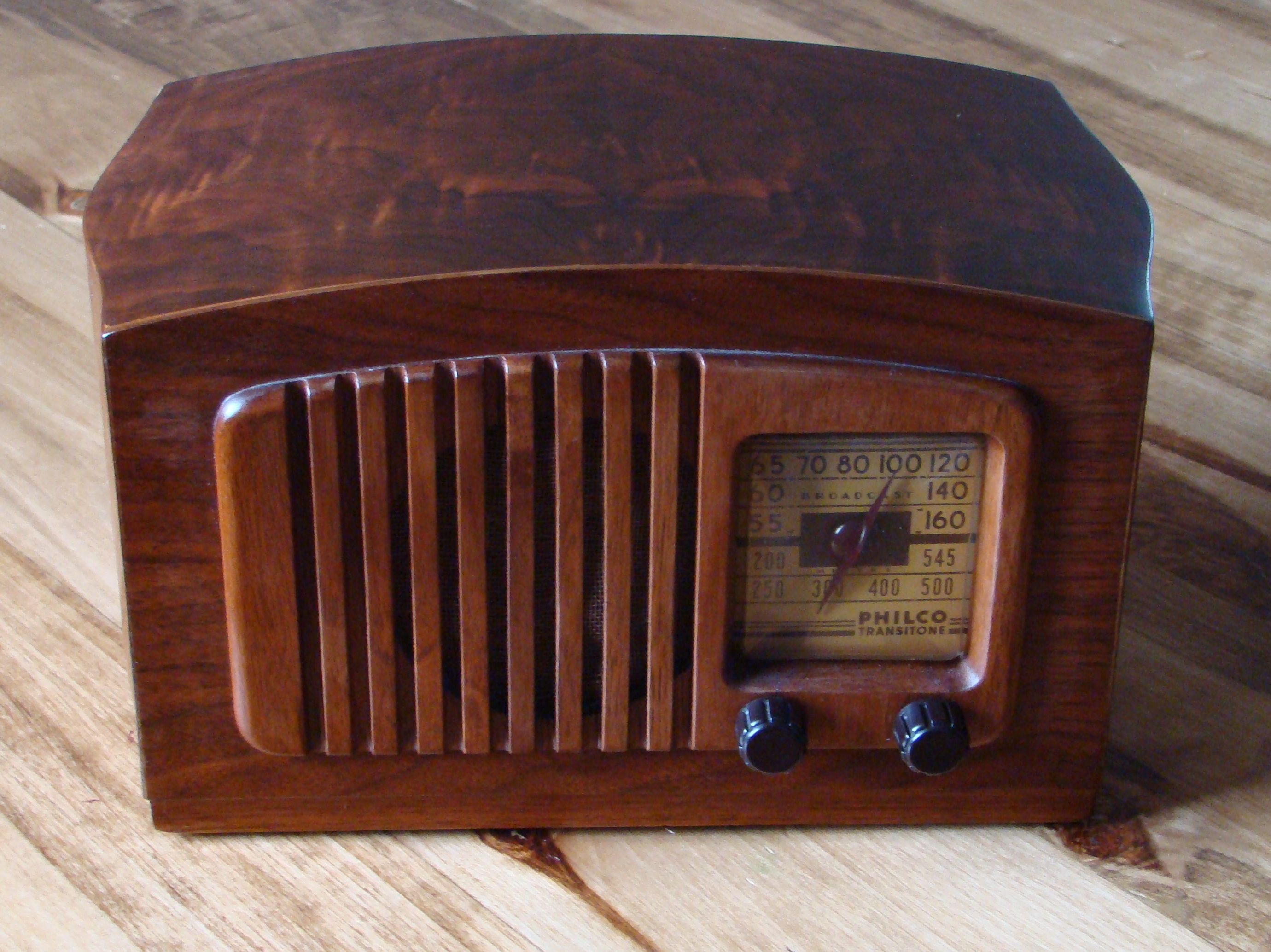A Tribute To The Radio - The Original Social Media

This month, February 13 was celebrated as World Radio Day -- the significance of which is usually lost in a world where cultural trends are set by the internet generation. In this era of Google, Facebook, Twitter, Instagram and Snapchat, we often forget how powerful a medium radio continues to be, and the pivotal role it has played in shaping media and communication.
A few decades ago, radio was the primary form of electronic media -- as TV sets were not ubiquitous, and the internet hadn’t even been invented. Radio, therefore, had the power to shape, influence and inform public opinion -- a role it played for decades and still continues to play. In the technological age, the radio might seem obsolete, as today’s social mobile generation can communicate faster in visual formats through their laptops, tablets and smartphones.
In this scenario, it is very easy to underplay the influence that radio still holds -- especially in the developing world, where TVs, computers, and mobile phones with internet remain a bit of a luxury. According to UN’s International Telecommunications Union and UNESCO figures, some 75 percent of households in developing countries have access to a radio compared to just 40 percent, which have access to the internet.
For these 5 billion people who have access to the radio -- this seemingly obsolete device remains an important form of media, bringing news and entertainment into their homes. According to Farm Radio International, a charitable organization which supports rural radio broadcasters in 39 African countries, radio remains one of the best communication tools for the rural poor.
Even today, radio has its place -- it’s cheap, with lower running costs and easier to purchase than a TV set or expensive laptop, and doesn’t require an internet connection to access. As such, it can reach people in remote areas where the internet has not yet penetrated. It is also more widely accessible than the internet: for the billion or so people in the world who are illiterate, the radio doesn’t need the ability to read or write.
As a result, in the last decade, there has been a dramatic increase in radio stations across Africa, especially locally-run community stations. A survey by AudienceScapes showed that in Kenya 87% of those surveyed had radios at home, 71% had a phone and only 11% could access the internet at home.
Interestingly, the sharp rise in mobile phone penetration in developing countries has aided the radio, as most cheap mobile sets come with a built in radio. The rise of internet-only radio channels in the developed world as well, is indication that the internet doesn’t mean the end of the radio, and that the two can seamlessly co-exist.
In India, most commuters still choose to listen to the radio when stuck in traffic in big cities -- indicating that the medium is alive and kicking. Outside of the big cities, the radio is even more pervasive. Most homes have a radio set, and evenings are still spent listening to radio broadcasts -- be it news, cricket commentary or entertainment.
This time, on World Radio Day, Prime Minister Narendra Modi -- who has programme called ‘Mann Ki Baat’ on the radio -- tweeted of the importance of the medium. "Greetings on World Radio Day. I congratulate all radio lovers and those who work in the radio industry and keep the medium active and vibrant," the PM tweeted, adding that "Radio is a wonderful way to interact, learn and communicate. My own 'Mann Ki Baat' experience has connected me with people across India.”
The first edition of World Radio Day was held in 2012. In 2017, the theme chosen was “Radio is You” -- with the goal of celebrating how audiences interact with Radio. The theme was designed to encourage radio stations to be the best radio stations they can, by having audience engagement policies, ethical committees, public editors, self review programmes and ensuring their community radio networks were strong. A record number of countries took part in World Radio Day 2017 with more than 500 events worldwide.
As a young boy, I tuned into the radio every evening, to listen to my favourite music show. Many times, I called in -- and there was little in life more exciting than hearing my own voice on the radio, followed by my song request. For my generation -- that grew up before the internet was as widespread as it is -- radio was the original social media. I have friends who made declarations of love and life on the radio, having called their favourite radio jockey, live on air. Communication itself has an hierarchy that is often ignored. Mobile phones, computers and tablets need an expensive working internet connection -- something that isn’t available to everyone either because of remote geography or the inability to afford a monthly internet plan. Televisions are expensive to buy, and even more expensive to subscribe to cable or satellite channels. The radio is the most equal of all of electronic media -- the only investment being a relatively inexpensive radio set. For this reason, it deserves to be celebrated, and its influence shouldn’t be discounted or underestimated.



